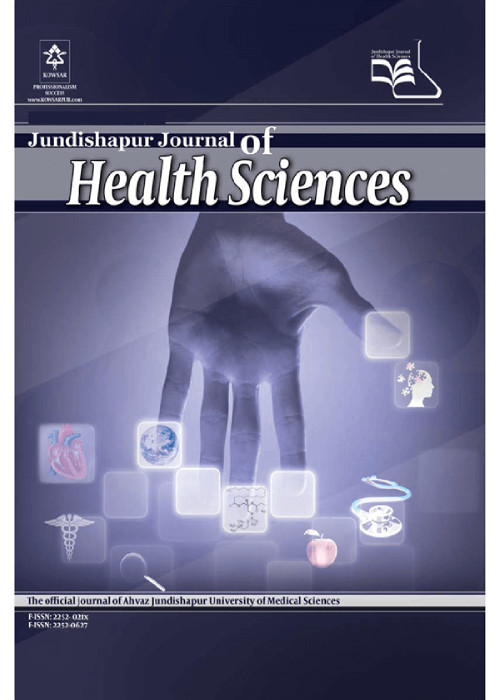Comparison of Statistical Methods, Neural Network, and Fuzzy Neural for Particular Matter Prediction: A Case Study in Mashhad, Iran
Author(s):
Article Type:
Research/Original Article (دارای رتبه معتبر)
Abstract:
Background
In the recent era, air pollution is a major global concern that affects human health. The emission proportion of air pollutants is increased in many cities of Iran such as Mashhad. Particular matters (i.e. PM2.5) are one of the five air pollutants known to be responsible for polluting the air in Mashhad. Nowadays, fuzzy neural intelligent systems, which are capable of solving nonlinear and complex problems, are widely used in the air pollution problem to determine the amount of the particles and dust in the air.
Methods
In the current study, the air quality data consisting of daily average concentrations of air pollutants and the meteorological data including the minimum temperature, precipitation, humidity, wind direction, and daily wind speed recorded by city monitoring stations from 2011 to 2017. The daily average pollutants concentration was used to study the relationship between PM2.5 and the other air pollutants such SO2, O3, NO2, PM10, and CO. SPSS was used for data analysis. Linear regression, multilayer perceptron (MLP) neural network, and fuzzy neural network using MATLAB 2017 software were employed for modeling. Performance of the models was evaluated using root mean square error (RMSE) and coefficient of determination (R2).
Results
Based on the obtained results, among the employed models, MLP neural network with R2 = 0.598, RMSE = 0.088, and MSE = 0.0079 was better than linear regression, and the ANFIS model combining particle swarm optimization (PSO) algorithm with R2 = 0.804, RMSE = 0.055, and MSE = 0.0031 had the best performance in the prediction of PM2.5.
Conclusions
The ANFIS network correctly fitted more than 80% of total data; given that there were non-linear and complicated models in meteorological systems, this figure can indicate the high strength of ANFIS network through PSO-based combinational training methods for modeling nonlinear data.Keywords:
PM2.5 , Gas , Mashhad , Regression , Fuzzy , Neural Networks
Language:
English
Published:
Jundishapur Journal of Health Sciences, Volume:11 Issue: 3, Jul 2019
Page:
1
magiran.com/p2012745
دانلود و مطالعه متن این مقاله با یکی از روشهای زیر امکان پذیر است:
اشتراک شخصی
با عضویت و پرداخت آنلاین حق اشتراک یکساله به مبلغ 1,390,000ريال میتوانید 70 عنوان مطلب دانلود کنید!
اشتراک سازمانی
به کتابخانه دانشگاه یا محل کار خود پیشنهاد کنید تا اشتراک سازمانی این پایگاه را برای دسترسی نامحدود همه کاربران به متن مطالب تهیه نمایند!
توجه!
- حق عضویت دریافتی صرف حمایت از نشریات عضو و نگهداری، تکمیل و توسعه مگیران میشود.
- پرداخت حق اشتراک و دانلود مقالات اجازه بازنشر آن در سایر رسانههای چاپی و دیجیتال را به کاربر نمیدهد.
In order to view content subscription is required
Personal subscription
Subscribe magiran.com for 70 € euros via PayPal and download 70 articles during a year.
Organization subscription
Please contact us to subscribe your university or library for unlimited access!


